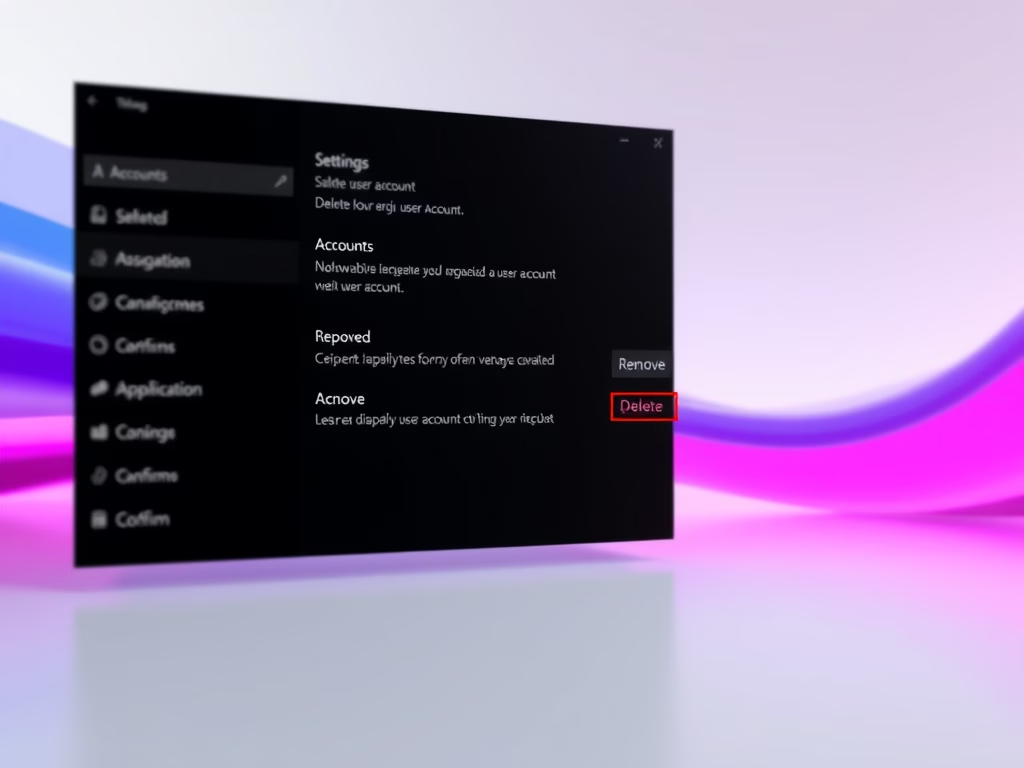This post shows students and new users how to install Apache Maven on Ubuntu Linux. Apache Maven is an open-source software project management and comprehension tool.
Based on the concept of a project object model (POM), Maven can help you manage an entire project build process, including storing documents, reporting, and more.
Installing Apache Maven on Ubuntu is pretty easy. Maven packages are in Ubuntu’s default repositories. One can run the apt-get commands to install it with ease.
However, the versions in Ubuntu repositories may not necessarily be the latest. If you want to install the latest, you may have to download and install it yourself.
Also, for students and new users learning Linux, Ubuntu Linux is the easiest place to start learning. Ubuntu is the modern, open-source Linux operating system for desktops, servers, and other devices.
Below are the two options for installing Apache Maven on Ubuntu Linux. Either one should work fine, however, if you want to install the latest version, then option #2 (manually downloading) Maven should be the one you want.
How to install Apache Maven with apt on Ubuntu Linux
As mentioned above, Apache Maven is available in Ubuntu’s default repositories. To install a stable version of Ubuntu Linux, run the commands below.
This command will install OpenJDK along with Maven stable version.
sudo apt update sudo apt install maven
The commands above update the Ubuntu package index and install Apache Maven along with all dependencies, including OpenJDK. This is the fastest and easiest if you don’t care about getting the latest version of Apache Maven.
To verify the installed version, run the commands below
mvn --version
You should see something similar to the content below:
Apache Maven 3.5.2
Maven home: /usr/share/maven
Java version: 10.0.2, vendor: Oracle Corporation
Java home: /usr/lib/jvm/java-11-openjdk-amd64
Default locale: en_US, platform encoding: UTF-8
OS name: "linux", version: "4.15.0-36-generic", arch: "amd64", family: "unix"
How to download and install Maven on Ubuntu Linux
If you want to download the latest or a particular version, then download Maven and install it yourself. You’ll first need to install OpenJDK, then install and configure Apache Maven to use it.
Run the commands below to install OpenJDK on Ubuntu Linux. This will install the current stable version of OpenJDK for Ubuntu Linux.
sudo apt update sudo apt install default-jdk
After installing OpenJDK, continue below to get Maven installed and configured.
When writing this post, the latest version of Apache Maven is 3.8.3. Make sure to check the Maven download page to see if a newer version is available for you to download. If there are, select those and download them instead.
Run the commands below to download version 3.8.3
cd /tmp wget https://dlcdn.apache.org/maven/maven-3/3.8.3/binaries/apache-maven-3.8.3-bin.tar.gz
Next, run the commands below to extract the downloaded package to the /opt directory.
sudo tar xf /tmp/apache-maven-*.tar.gz -C /opt
Create a symbolic link to the version folder if you want to have separate versions and update them as they become available. Run the commands below to link version 3.8.3 to the Maven home folder in /opt/Maven.
sudo ln -s /opt/apache-maven-3.8.3 /opt/maven
When the next version is released. all you have to do is update the symbolic link to reference the new release folder by running the command above and updating the release number in the folder name.
Setup Maven Environment Variables
After downloading and extracting the Maven package, go and set up its environment variables. To do that, run the commands below:
sudo nano /etc/profile.d/maven.sh
Then copy and paste the lines below and save them into the file.
export JAVA_HOME=/usr/lib/jvm/default-java
export M2_HOME=/opt/maven
export MAVEN_HOME=/opt/maven
export PATH=${M2_HOME}/bin:${PATH}
Finally, run the commands below to update and load the changes.
sudo chmod +x /etc/profile.d/maven.sh source /etc/profile.d/maven.sh
That should do it! Now run the commands below to check the version number.
mvn --version
You should see the content below.
Apache Maven 3.8.3 (ff8e977a158738155dc465c6a97ffaf31982d739) Maven home: /opt/maven Java version: 11.0.11, vendor: Ubuntu, runtime: /usr/lib/jvm/java-11-openjdk-amd64 Default locale: en_US, platform encoding: UTF-8 OS name: "linux", version: "5.11.0-37-generic", arch: "amd64", family: "unix"
Conclusion:
- Apache Maven is a powerful tool for managing software projects.
- Installing Maven on Ubuntu is straightforward, with options to use package managers or manual installation.
- Using the apt package manager ensures a quick setup with stable versions.
- Manually downloading and configuring Maven is recommended for the latest features and capabilities.
- Setting up environment variables is essential for proper Maven functionality.
- Regularly check for updates to stay on the latest version of Maven, enhancing your project management experience.



Leave a Reply Cancel reply